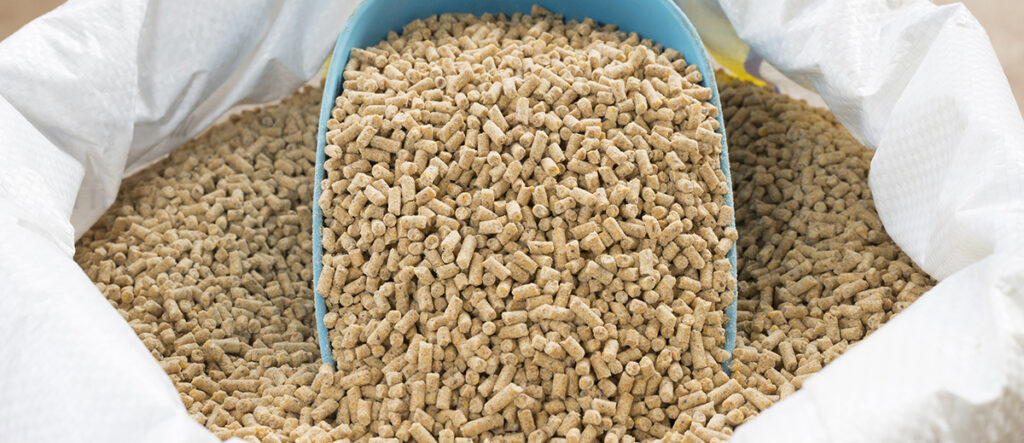
Aspergillus niger Fermentation Product
American Biosystems Super AN Series
American Biosystems created Super AN to provide the agricultural industry with a highly concentrated blend of beneficial fungal enzymes that agricultural producers can safely include in animal feeds.
The Aspergillus niger used in Super AN provides a source of a wide variety of industrial and agricultural enzymes that have activity against the branched pectin found in soybean cell walls. The breakdown of cell walls allows for the extraction of beneficial nutrients from soy plant tissues.

